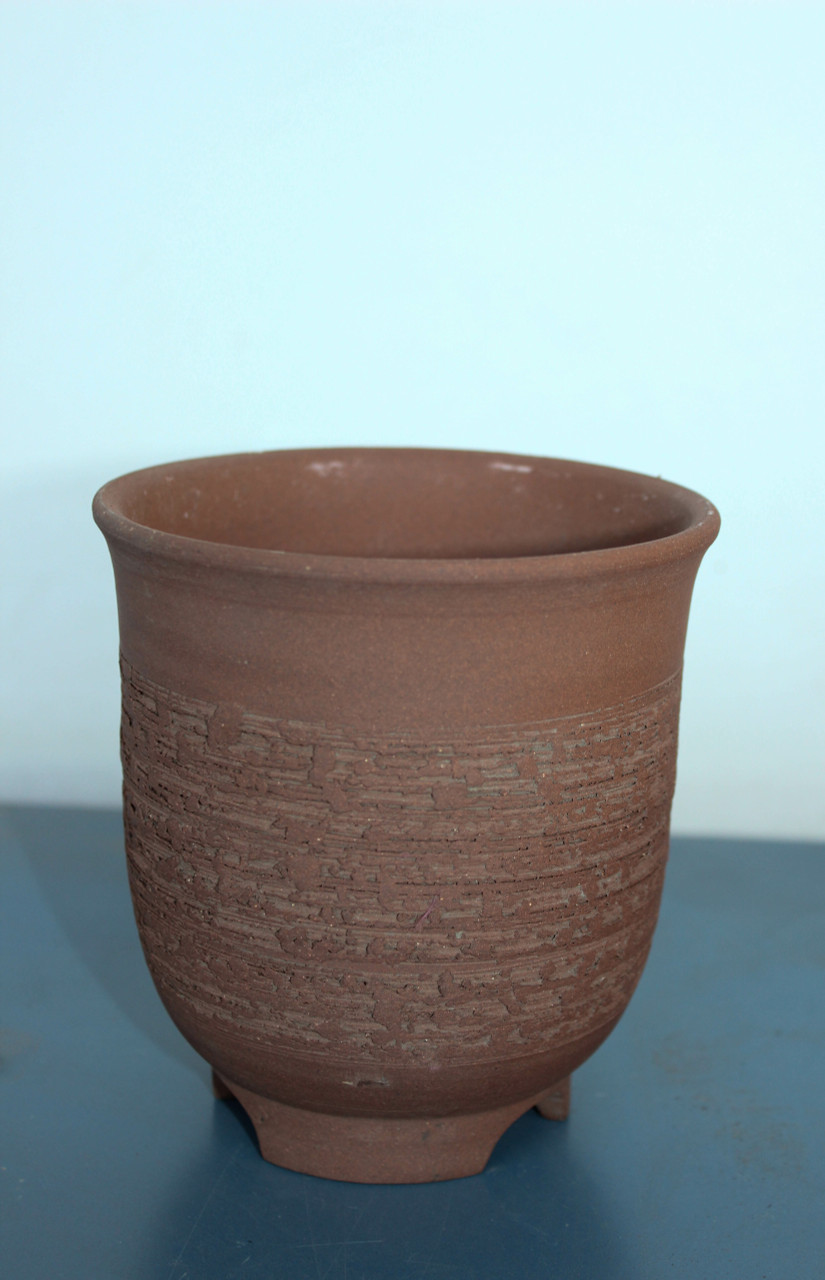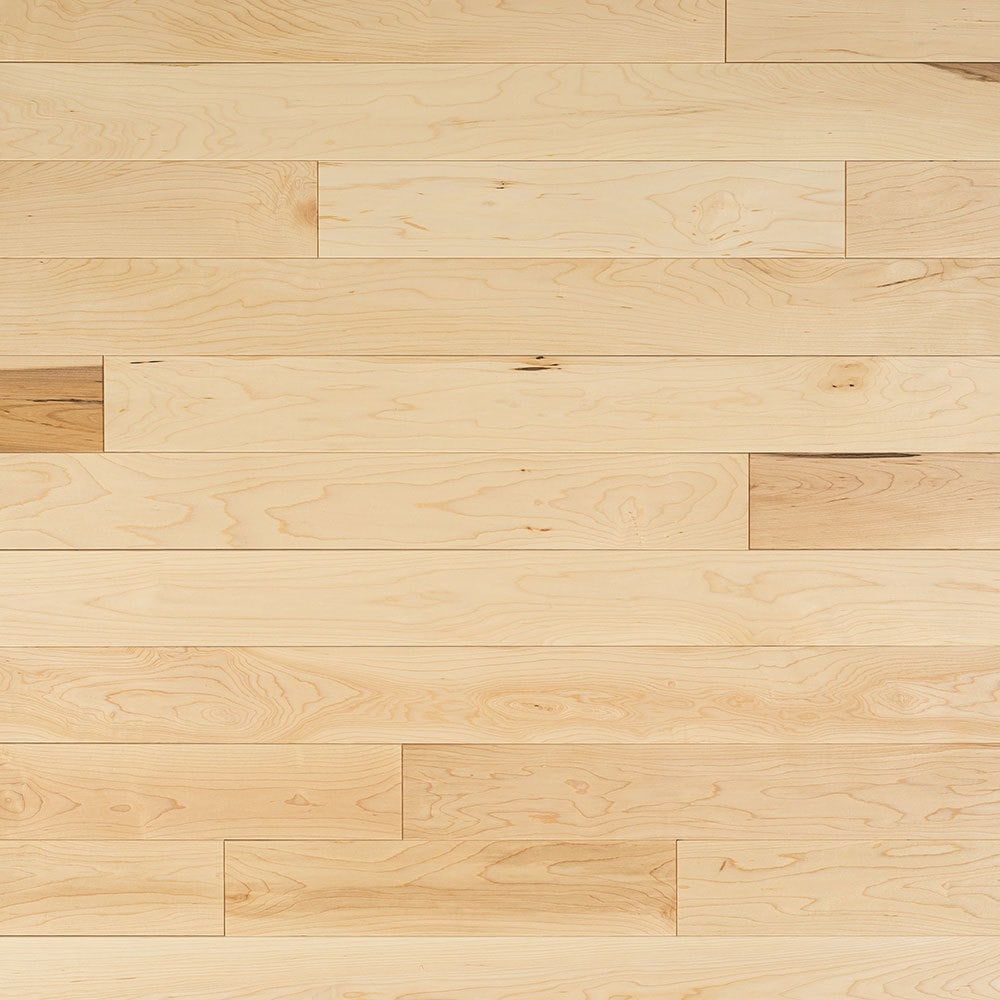
Clayey Soils Explained: What to Know Before Building – SmartSense Structural Systems
Clay is not an ideal soil type for construction. Clay soil types are known for being highly reactive to moisture, and if you don’t know about the clay you’re building on, it can spell bad news for your construction project. Keep reading to learn what clay is and how you can build a foundation on clay soil. What is clay? Clay is a type of soil that is soft and sticky when wet and hard when dry. Out of all the soil types, clay has the finest particles, which gives it its physical characteristics. When wet, clay particles are surrounded by a molecular film of water, which causes it to be high in plasticity. Properties of clay soil: High plasticity Reactive to water Swells and contracts Sticky Heavy when wet Brittle when dry The characteristics of the clay on your
Clay is not an ideal soil type for construction. Clay soil types are known for being highly reactive to moisture, and if you don’t know
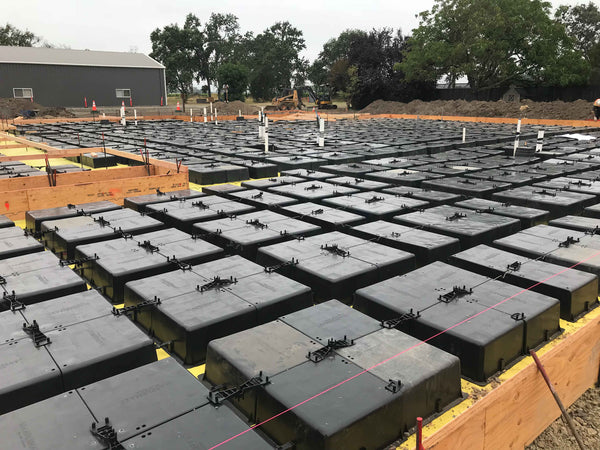
White Papers and other Documentation – SmartSense Structural Systems

Clayey soils from Boulgou (North Cameroon): geotechnical, mineralogical, chemical characteristics and properties of their fired products
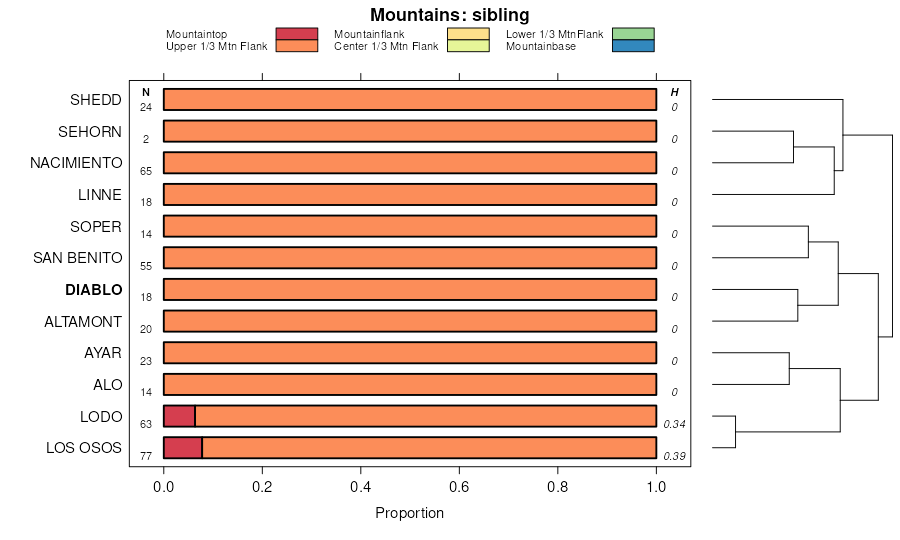
Soil Data Explorer California Soil Resource Lab

CEEN 341 - Lecture 5 - Soil Classification

Gr: gravel, Sa: sand, Si: silt, Cl: clay; gr: gravelly, sa: sandy, si
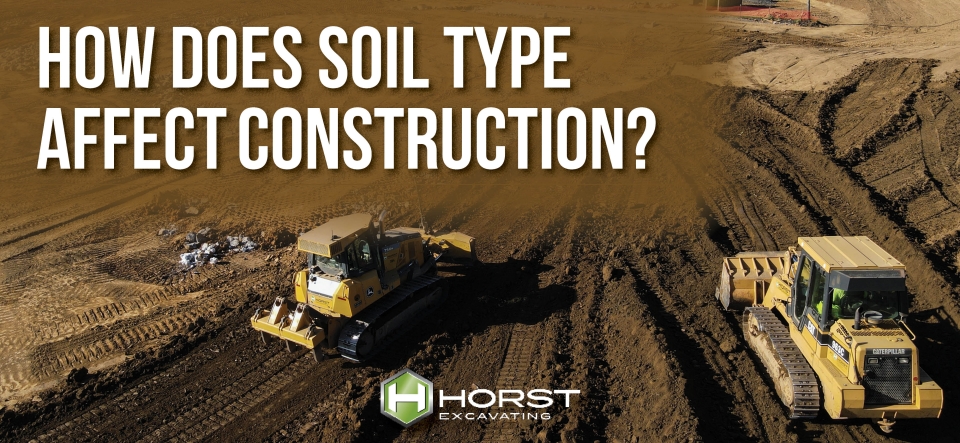
How Does Soil Type Affect Construction?
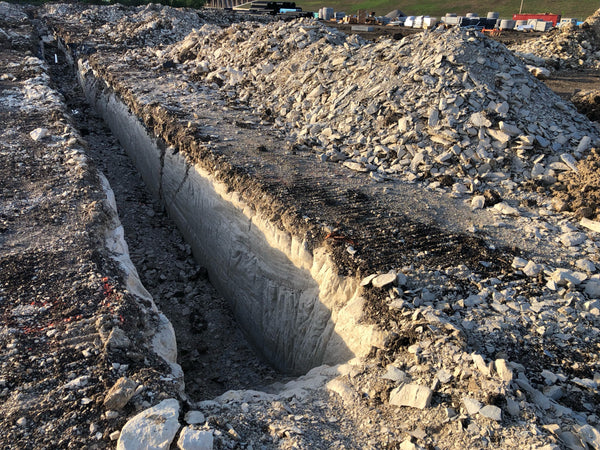
White Papers and other Documentation – SmartSense Structural Systems

Soil Data Explorer California Soil Resource Lab

Full article: Modelling the creep of deep foundations in soft Gothenburg clays

Foundation Fundamentals - Saltscapes Magazine
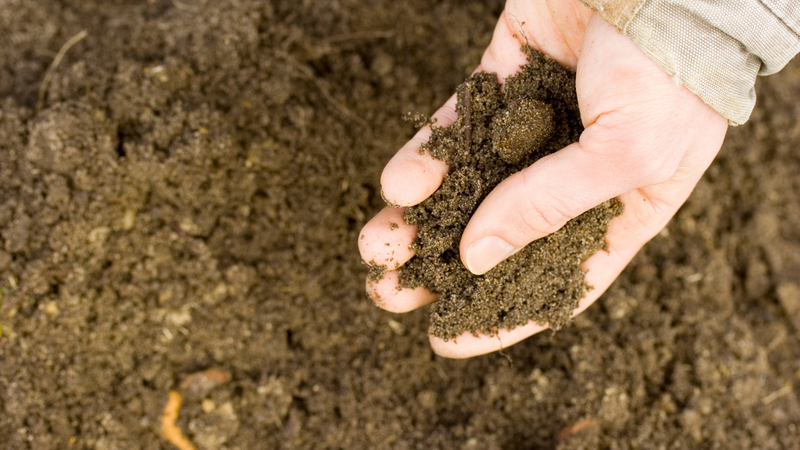
Strategies for Designing Foundations to Mitigate the Effects of Expans – SmartSense Structural Systems

Full article: Modelling the creep of deep foundations in soft Gothenburg clays
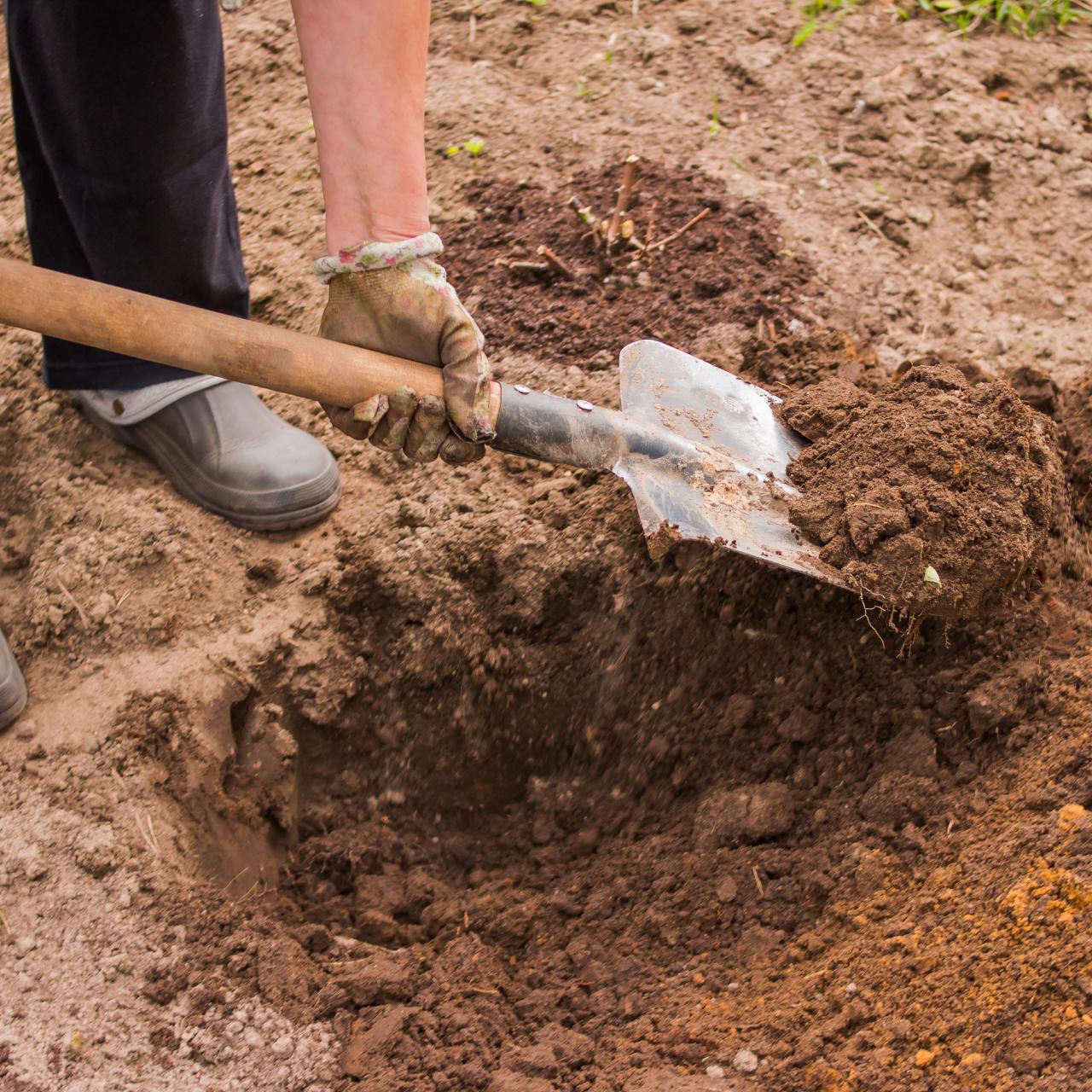
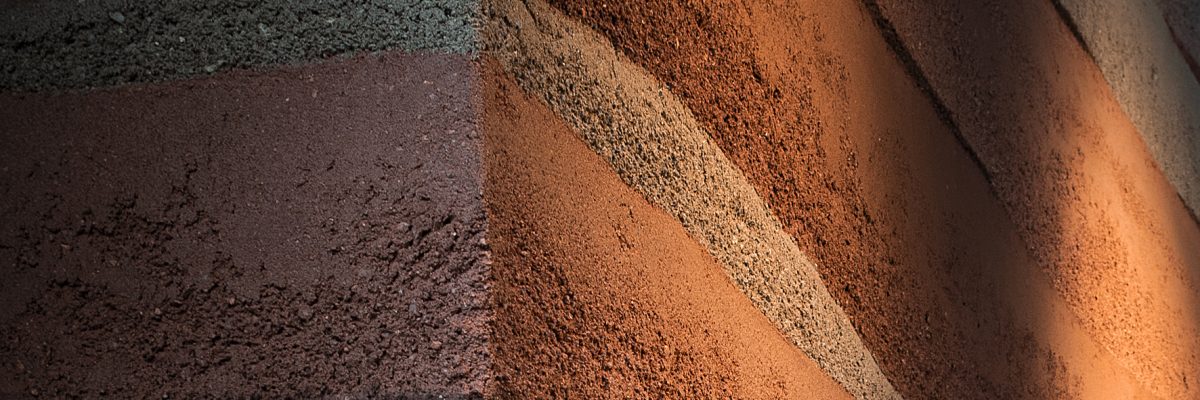

)
